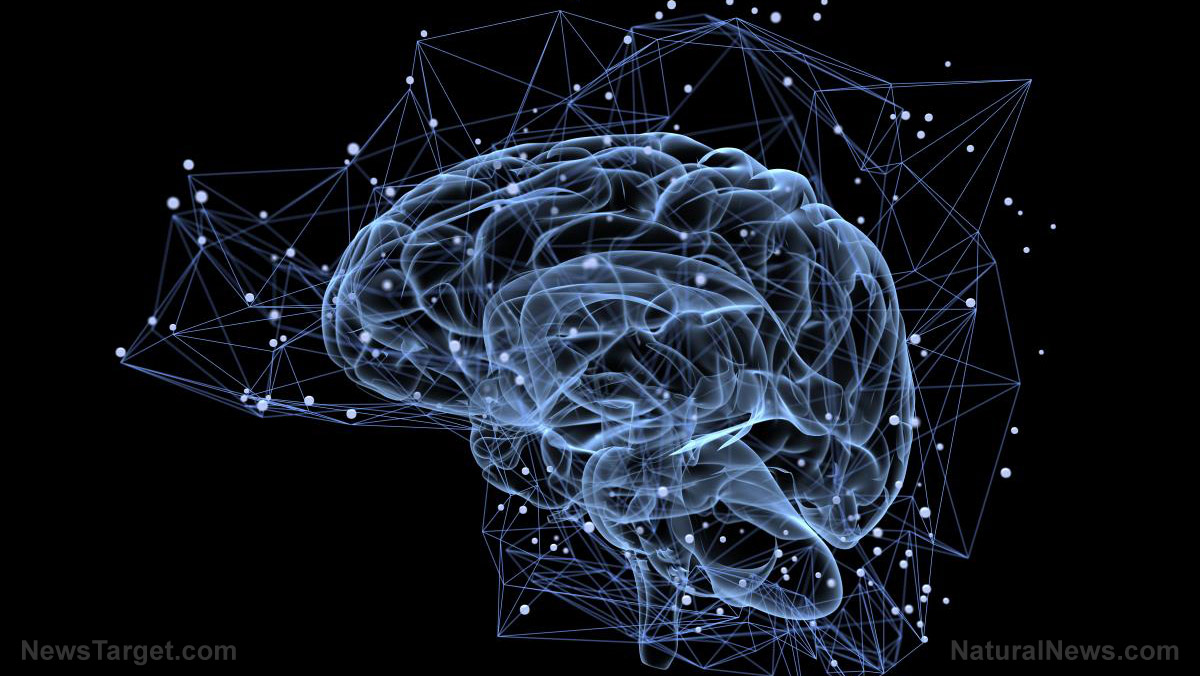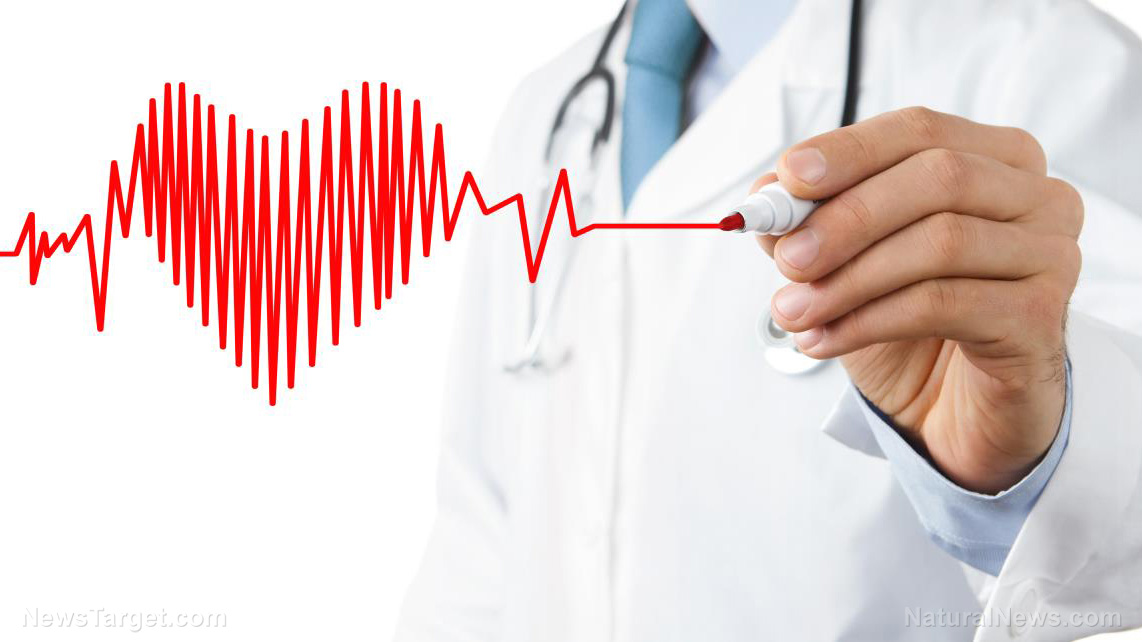Recovering a neuronal network: Stroke affects the brain and entire nervous system, requiring an integrated treatment plan to recover impaired functionality
12/06/2018 / By Rhonda Johansson

Medical advances have yet to design a proper treatment and management plan for stroke recovery that is truly effective. It is estimated that while a majority of patients recover from their initial stroke, a massive 60 percent are left with a diminished arm or leg, and another 15 percent are unable to re-enter their normal, professional life. The problem, neurologists say, is a fundamental misunderstanding of how strokes affect the brain. The previous assumption was that each stroke-related (such as lesion site) and stroke-unrelated (such as individual structural connectivity) damaged only a specific area of the brain. This led to the creation of a generic one-size-fits-all approach in which rehabilitation experts used the same plan for all their patients.
However, a recent study made by a team from École Polytechnique Fédérale de Lausanne (EPFL) with South Korean and German colleagues concluded that stroke rehabilitation strategies should become more patient-centric, optimizing an integrated approach to how medical professionals and patients view the disease. The team offered their recommendation after analyzing numerous neuroimages of stroke patients. They saw that the condition impaired not one but several regions of the brain, effectively impairing a vastly intricate neuronal network. This, they believe, required strokes to be properly classified and identified as a network disease. Recovery treatments then should be made to address the changes on the structural and functional connectivity of the organ.
The concept of personalized rehabilitation programs should be done with extreme care, however. The interactions between network connections is still a subject that has been largely unstudied to date. Nevertheless, neurologists and rehabilitation experts are hopeful that grasping the concept of “strokes as a network disease” could hasten the determination of treatment stratification of individual patients. (Related: Women who suffer from migraines at higher risk of a stroke.)
The new study also shows potential in identifying “biomarkers” that could predict recovery outcome and treatment responses to new forms of treatment, one of which is brain stimulation.
Friedhelm Hummel at EPFL explains: “This study is an important step towards a better understanding of the network character of stroke, the underlying mechanisms, and reorganization patterns of recovery. It can pave the way towards precision-medicine approaches to enhance stroke recovery to a larger degree than current one-size-fits-all therapies.”
The importance of viewing the illness as a whole
Already, neurologists are seeing their error in previously allocating strokes as an area-specific condition. Research is being made on studying the brain and how it recovers from strokes. One such study headed by Johns Hopkins Medicine discovered that the brain “assigns” other parts of the brain to do various tasks which would normally be “controlled” by the affected brain area. For example, mice models recovering from a stroke that targeted the primary motor cortex exhibited greater neural activity in the medial premotor cortex to perform a task that would normally be managed by the primary motor cortex. Similarly, when the scientists induced strokes in the medial premotor cortex, another part of the brain “stepped” in to handle the functions of the medial premotor cortex.
This seems to suggest that the brain operates as a network and that rehabilitation can be focused on improving brain functions through early retraining. The Johns Hopkins scientists also emphasize the importance of lifestyle changes in improving the prognosis of stroke recovery. These include maintaining healthy blood pressure and cholesterol levels, eating a Mediterranean-type diet, exercising regularly, and keeping a healthy weight.
Sources include:
Tagged Under: Brain, brain health, brain science, cognitive science, heart disease, ischemic stroke, mind body science, network disease, neurology, personalized recovery, research, stroke, stroke recovery

















